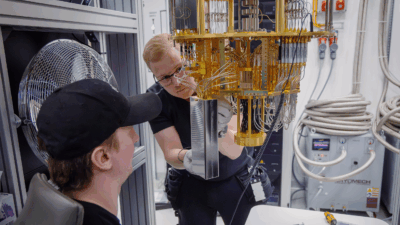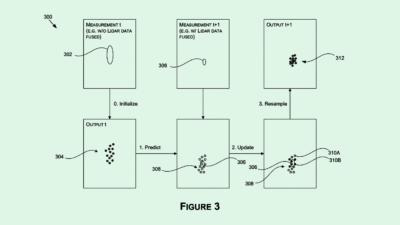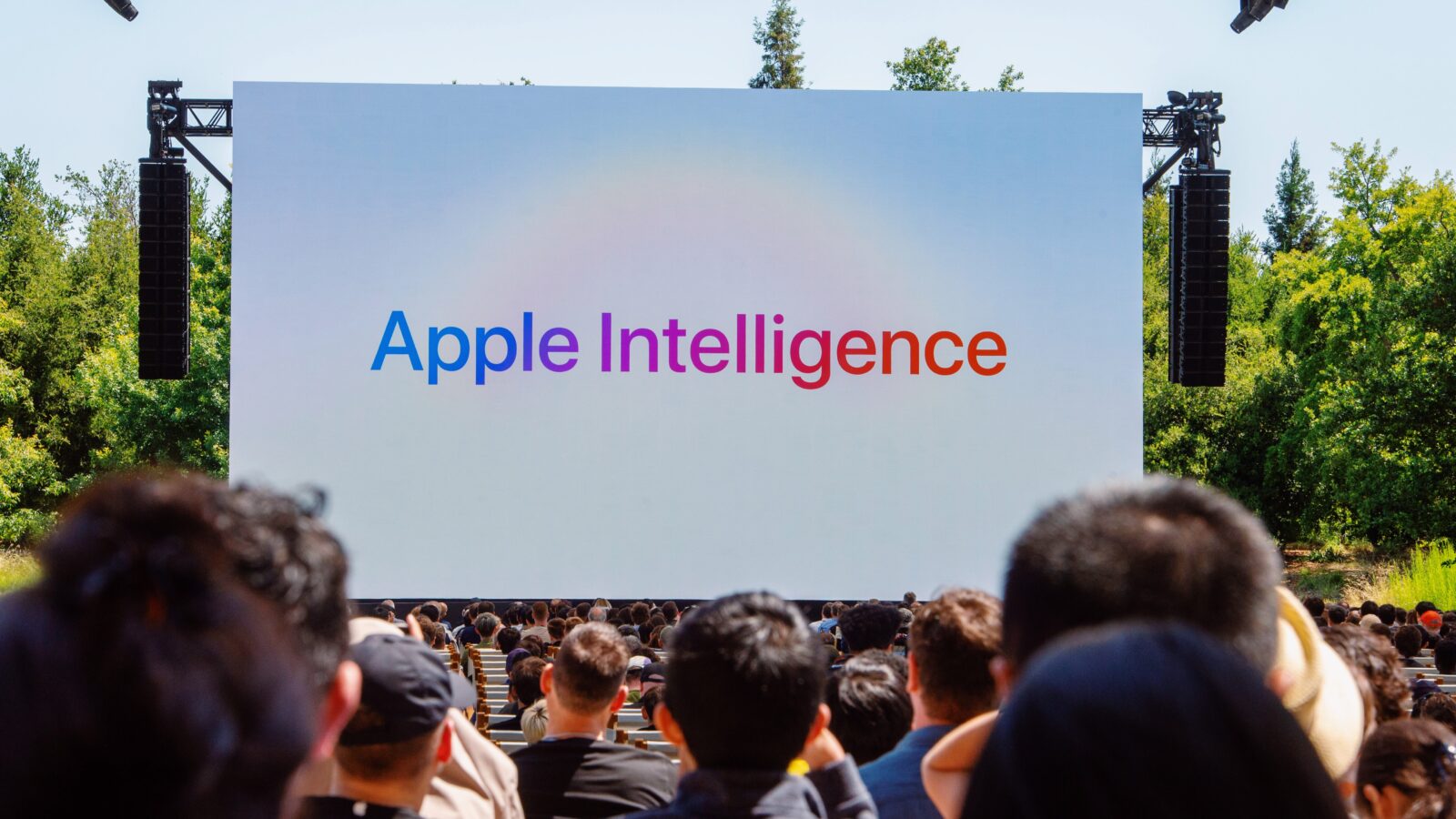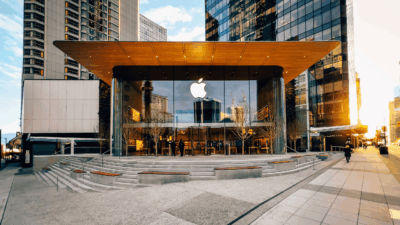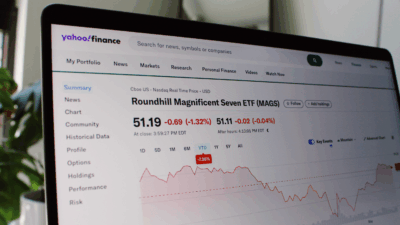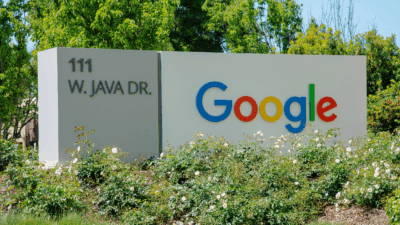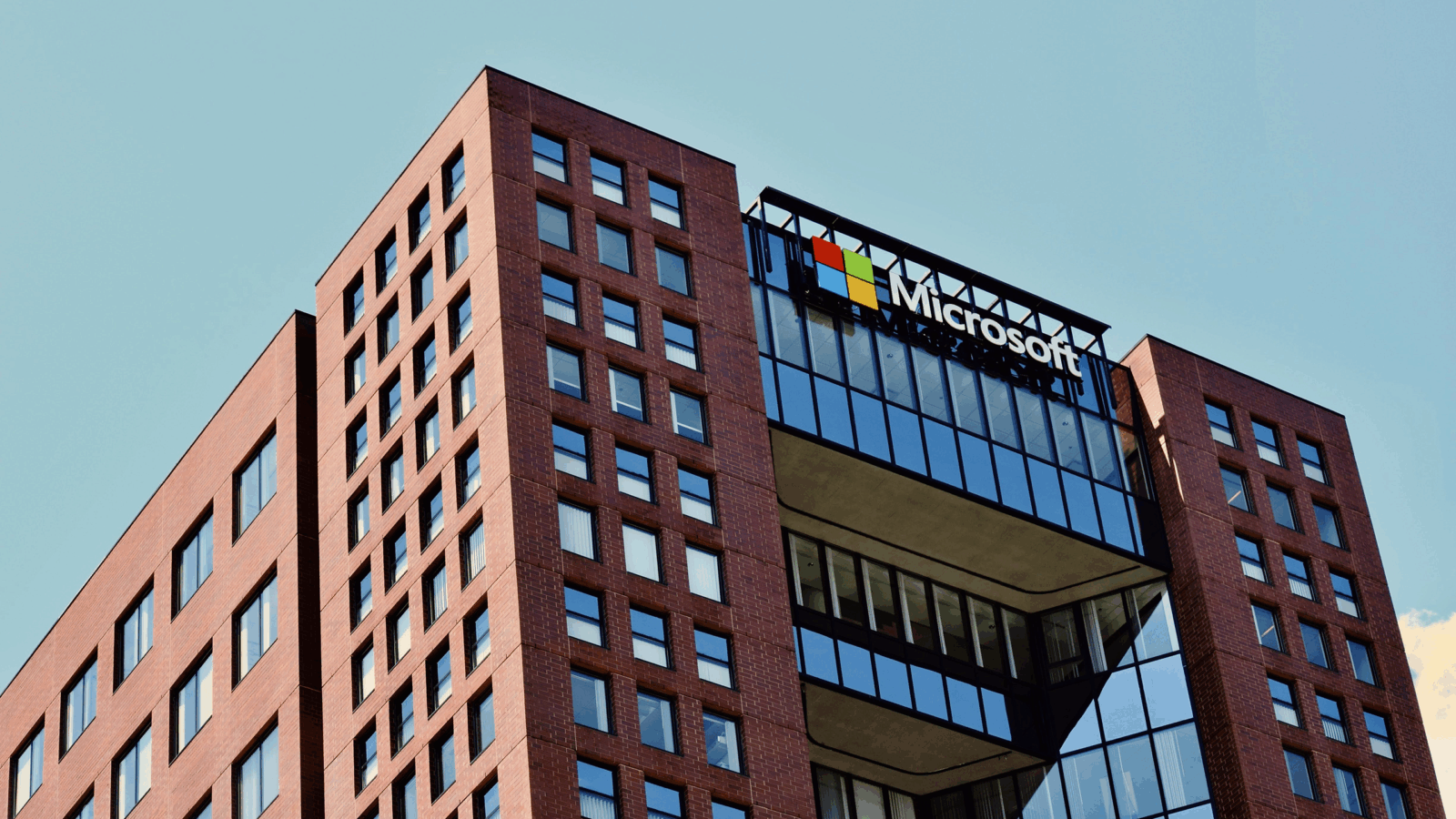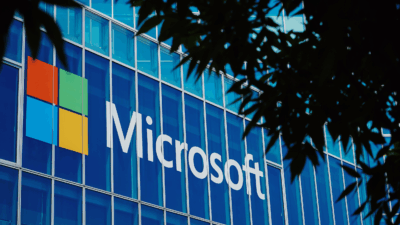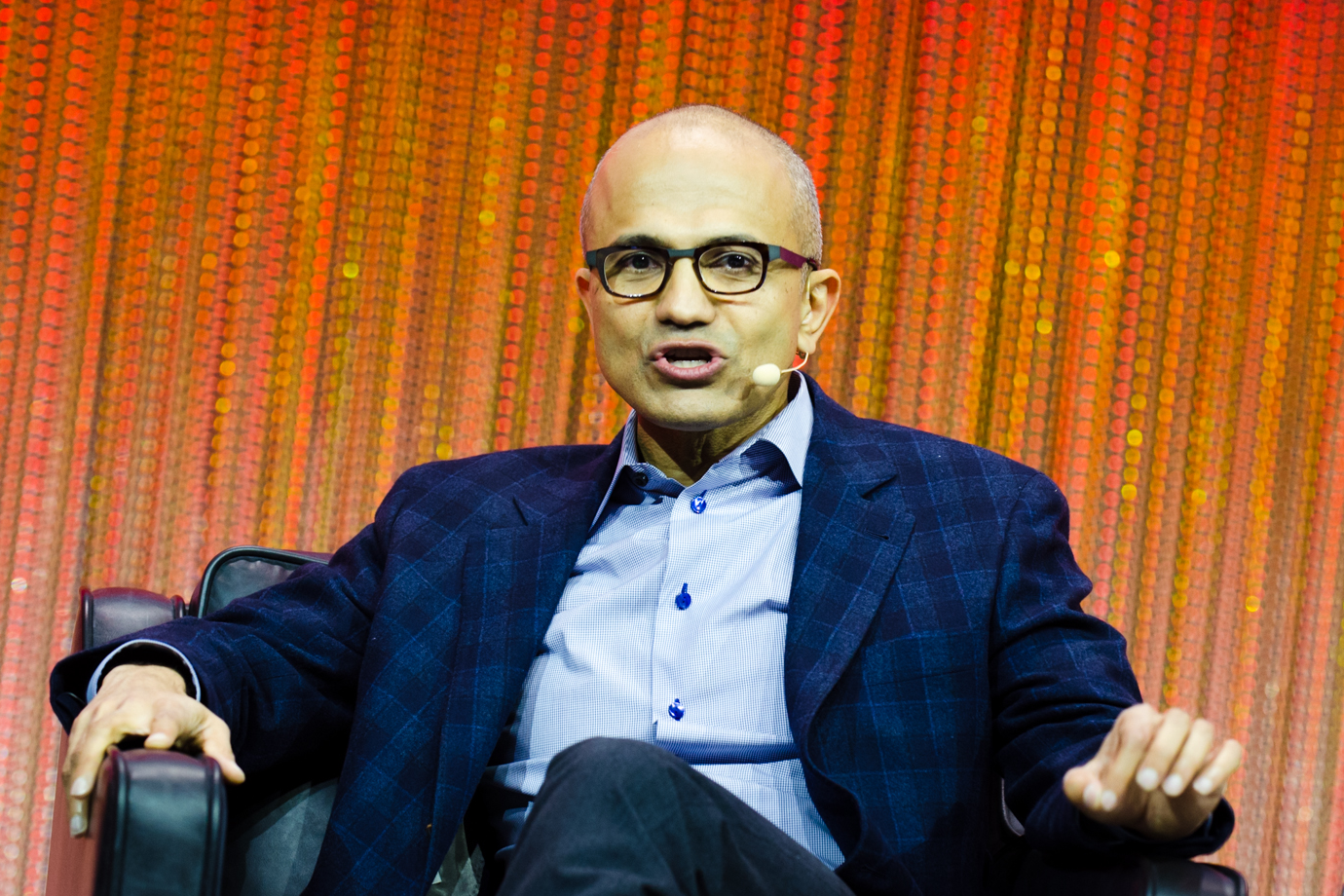
Sign up for smart news, insights, and analysis on the biggest financial stories of the day.
Gamers are always looking for tips, and the US court system just inadvertently gifted them Microsoft’s vision of its future.
While the software titan inches closer to sealing its $69 billion deal to acquire game studio Activision Blizzard, its ongoing legal battle with the FTC resulted in a trove of internal documents pertaining to Microsoft’s Xbox game device were leaked on Monday. The documents, which the court has now deleted, held plenty of tantalizing details for gamers, like plans for new Xbox models next year. But they also gave us an insight into the mind of CEO Satya Nadella and his overall product strategy.
Cloud Control
Microsoft’s roadmap may have been tweaked a bit since the leaked documents were written. They date back to around May 2022, a few months before OpenAI came along and cranked the generative AI hype train into fifth gear, with Microsoft as its biggest backer.
Still, Nadella’s vision as outlined in a memo included in the documents is a technological architecture he calls “hybrid” cloud devices. Cloud devices don’t do computing locally, they instead stream from more heavy-duty servers. As for gaming, it would mean people could play complex computer games that need a lot of computing power on phones or pretty much any device. Cloud gaming is seen as something as a holy grail in the industry, but for Nadella it appears even more meaningful as part of a more all-encompassing stratagem:
- “We are building 4 types of computers: (1) cloud everything, (2) a hybrid Xbox, (3) hybrid Windows, and (4) hybrid HoloLens,” he said in a memo. HoloLens is Microsoft’s mixed-reality headset, so watch out, Zuck.
- “We need to bring the company’s systems talent together to align on a unified vision,” Nadella wrote, stressing: “We can’t go from big idea to big idea. We need a single big idea to rally the company around.”
For British Eyes Only: The acquisition of Activision Blizzard would be the biggest deal in gaming history, and it all hinges on one last green light. The UK’s Competition and Markets Authority ruled against the merger in April because it would give Microsoft a competitive advantage in — you guessed it — the cloud gaming market. The CMA is reviewing its decision after Microsoft presented it with some concessions, an unusual move as the watchdog has been more inclined post-Brexit to unwind deals entirely rather than accept behavioral promises, as reported by the Financial Times.

